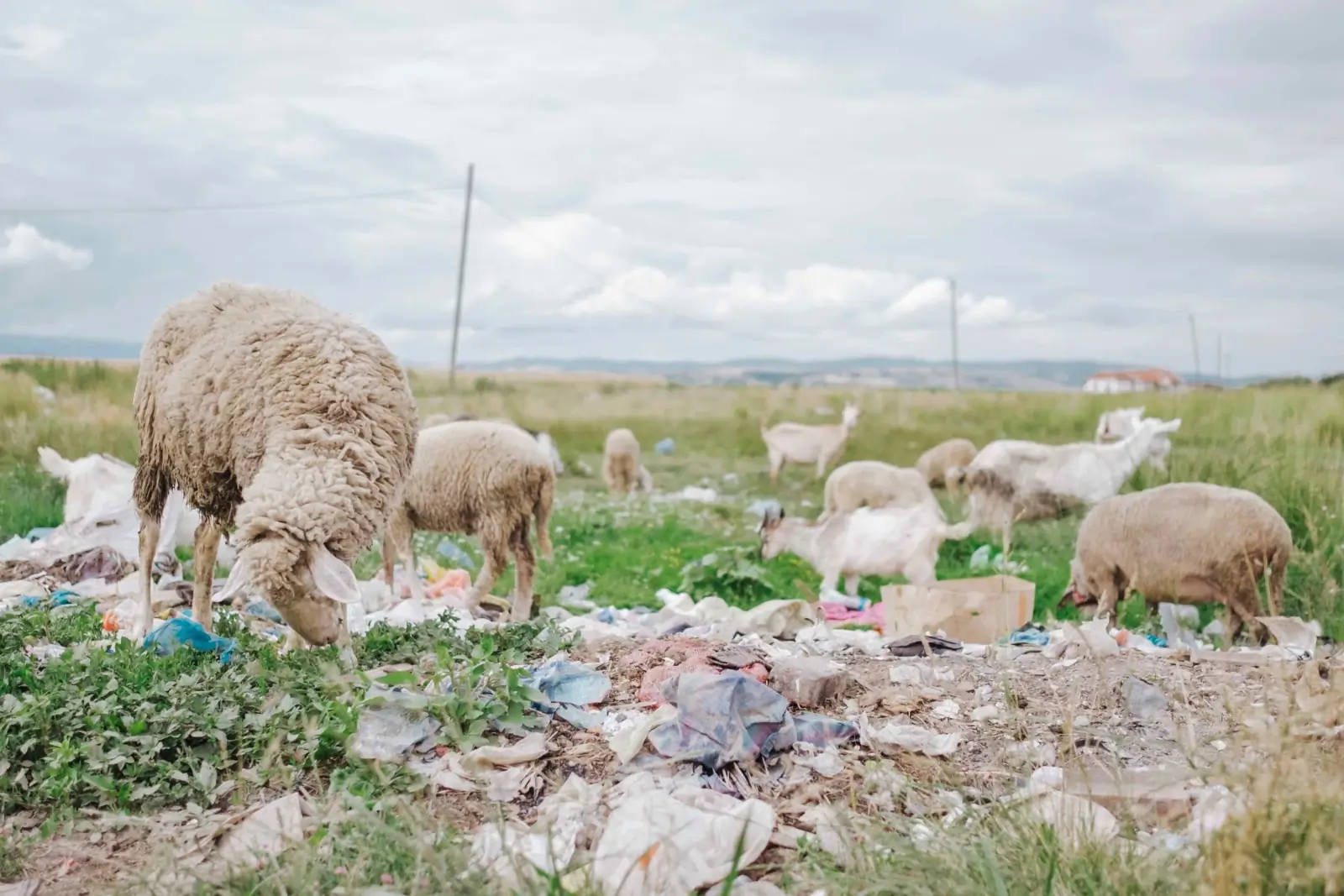Unveiling the dark side of fast fashion: key takeaway from Vox longread
Environment21.11.2023

We know you care about the environment. You might be doing your best not to buy too much, to focus on sustainable products, and/or to avoid animal products. You might have been on a waitlist for an electric vehicle for months or already own one.
But, like us, you might still face dilemmas when making consumer decisions. The Honest Talk wants to help you with some answers.
A good start is to explore greenwashing and how companies are successfully making money from your attempt to be eco-friendly and thoughtful about the environment.
We also believe this VOX article is worth your time, as it dives deep into the global problem of fast fashion. Here are some key takeaways:
- Fast fashion addresses accessibility issues for individuals with lower incomes and diverse body sizes, allowing them to express themselves through current trends.
- Overconsumption of clothing, especially fast fashion, harms the environment and disproportionately affects the world’s poorest. The rapid production of trendy styles at lower prices has normalized a culture of thoughtless and frequent clothing purchases, disregarding the consequences for people, animals, and the planet.
- Each piece of clothing carries two costs: the one paid by consumers and the actual cost, accounting for climate effects, production, and shipping impact on workers. The low retail price of a $5 T-shirt raises questions about the wages of its makers and the materials used.
Lack of clear information on environmental and human rights impacts contributes to a culture of overconsumption. However, addressing this issue is not solely the individual’s responsibility. Policymakers and brands can also play a role in changing this narrative. - Textile waste, visible from space in Chile’s Atacama Desert, highlights the environmental consequences of fast fashion. Polyester-laden clothing from the US, Europe, and Asia contributes to long-lasting pollution, either through slow decomposition or chemical release from burning.
- The fashion industry significantly contributes to pollution, accounting for an estimated 2 to 8 per cent of global greenhouse gas emissions, as per the United Nations. If unchecked, this could surge by 50 per cent by 2030, according to the World Bank.
This article explores the moral complexities in clothing choices, emphasizing the need for individual and systemic change to create a sustainable future. You’ll also find some practical tips to help you make a difference.









